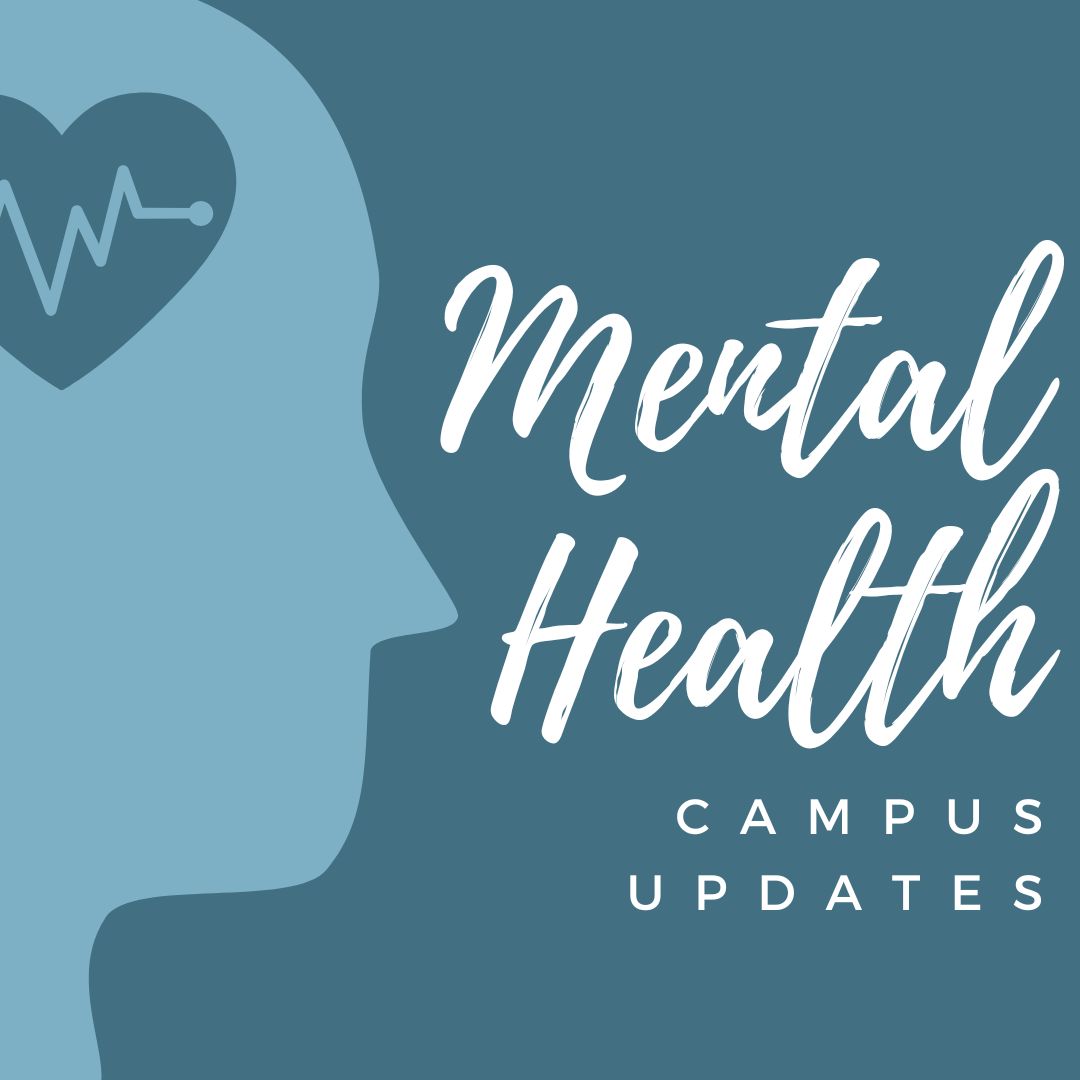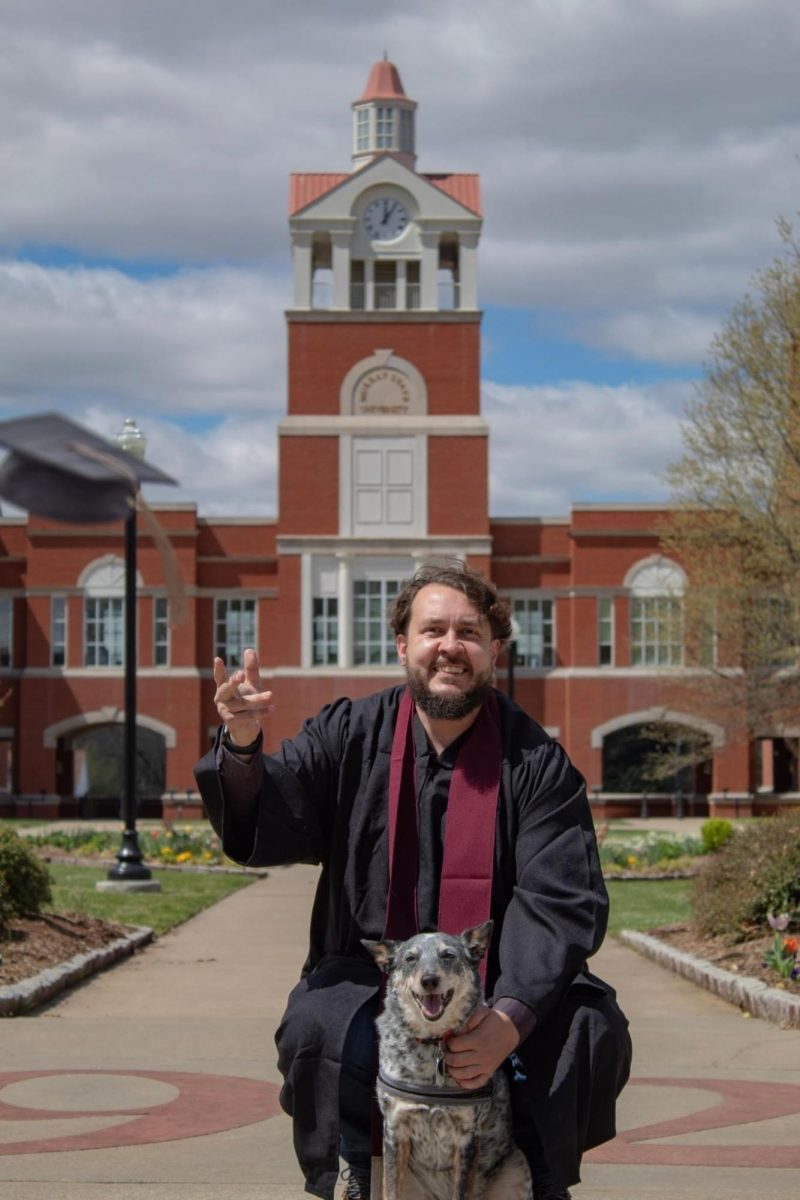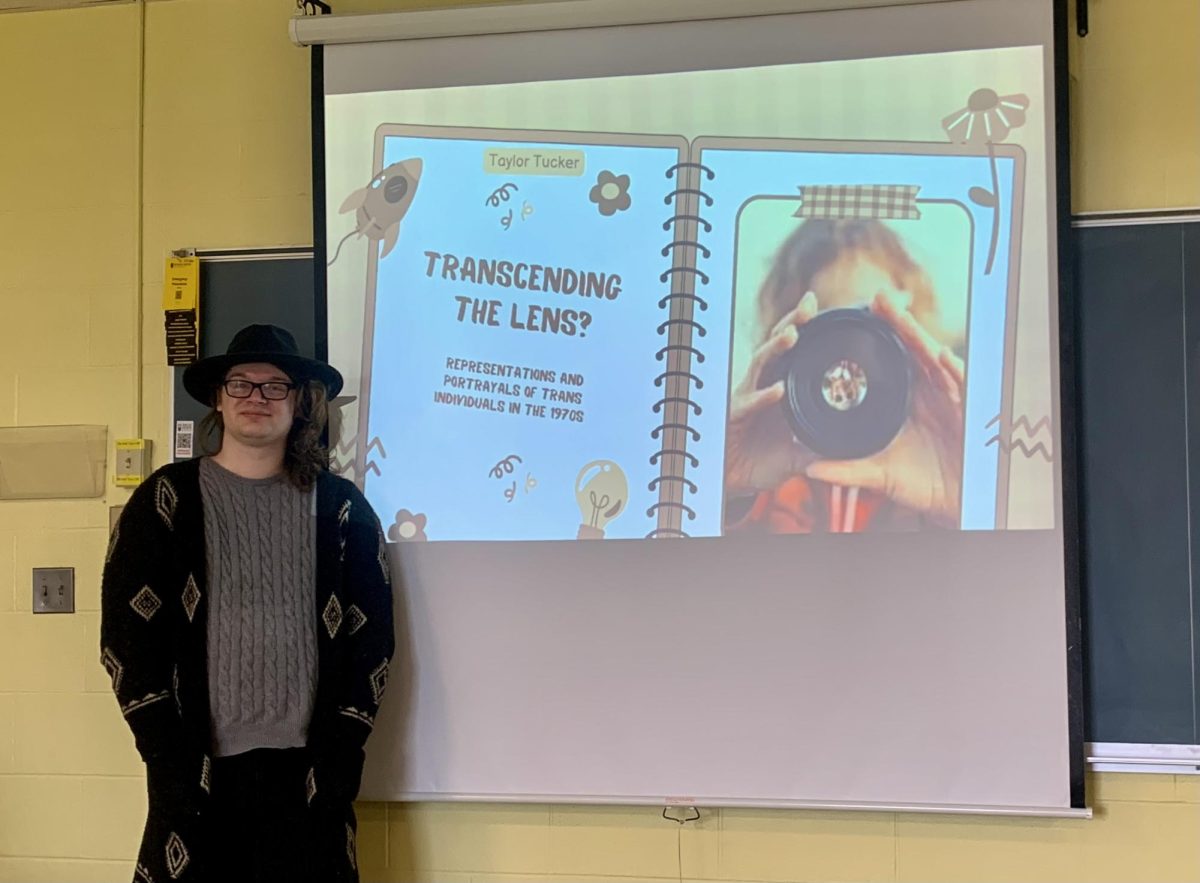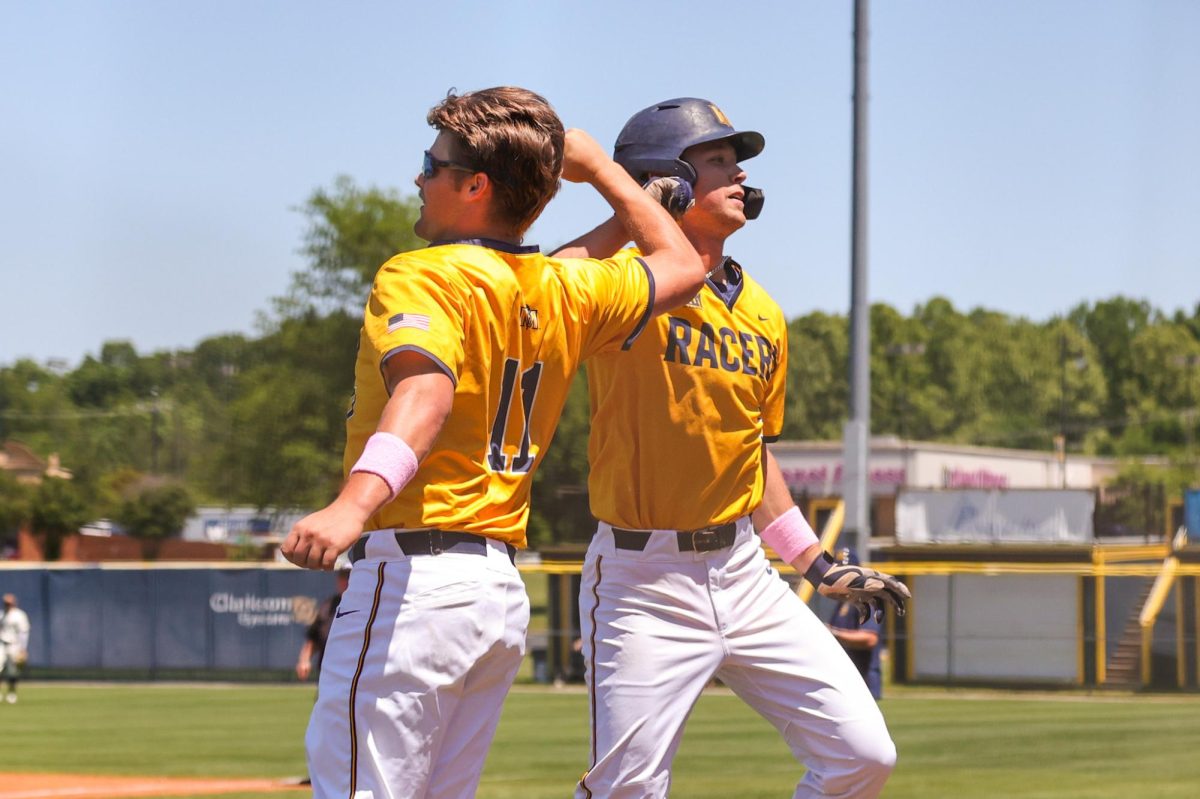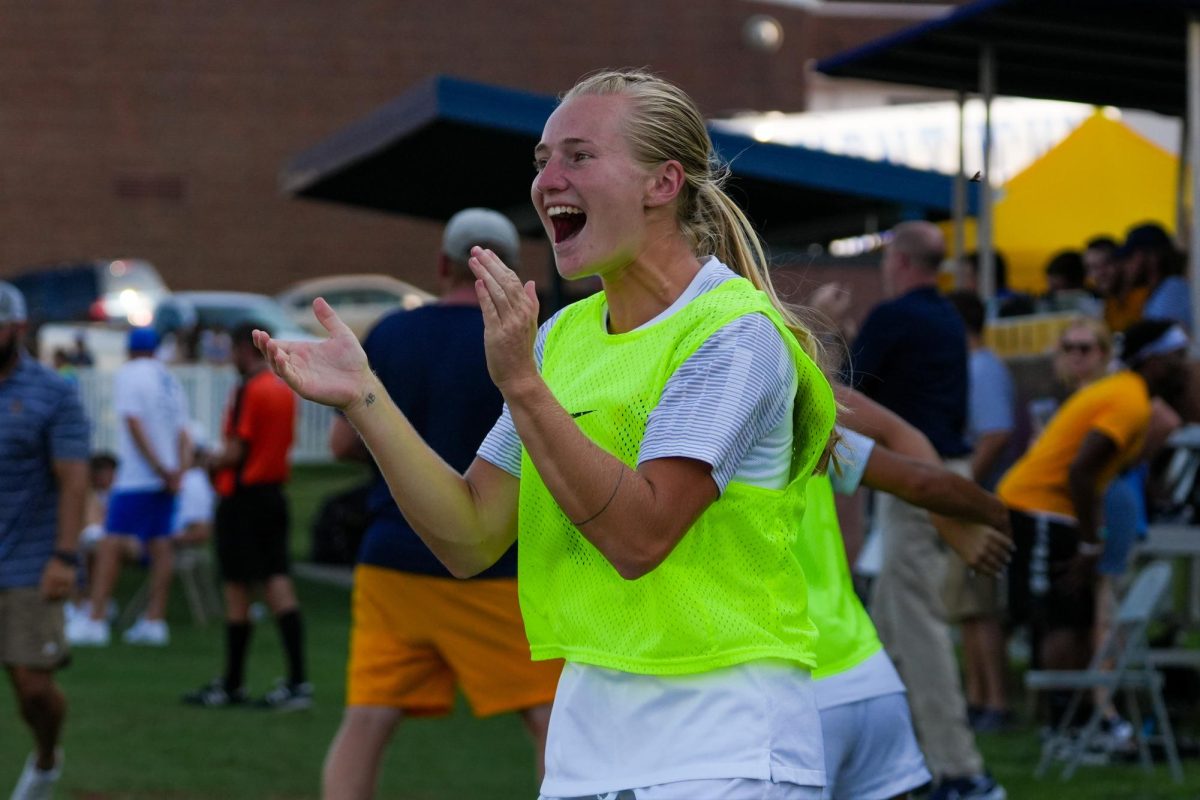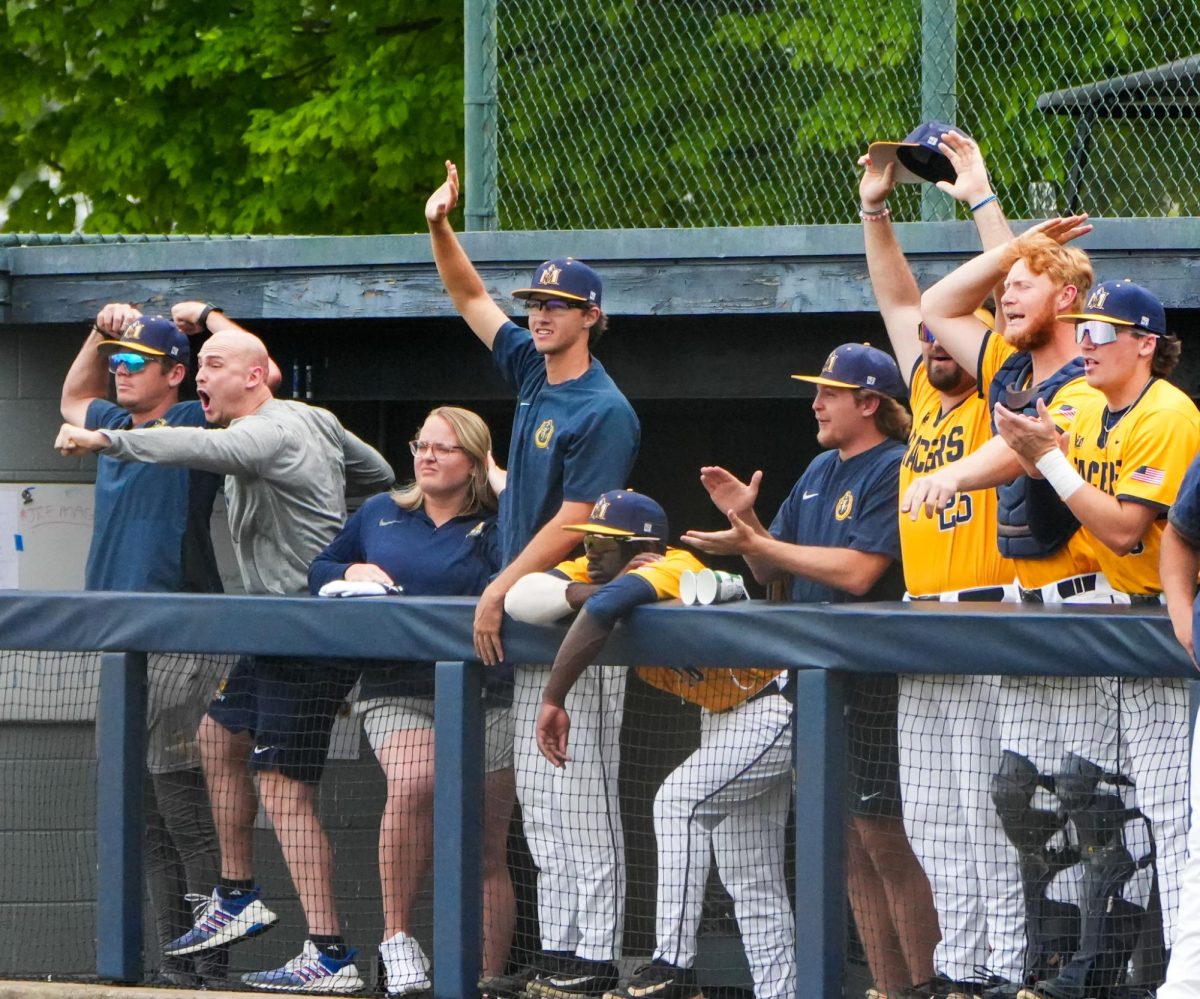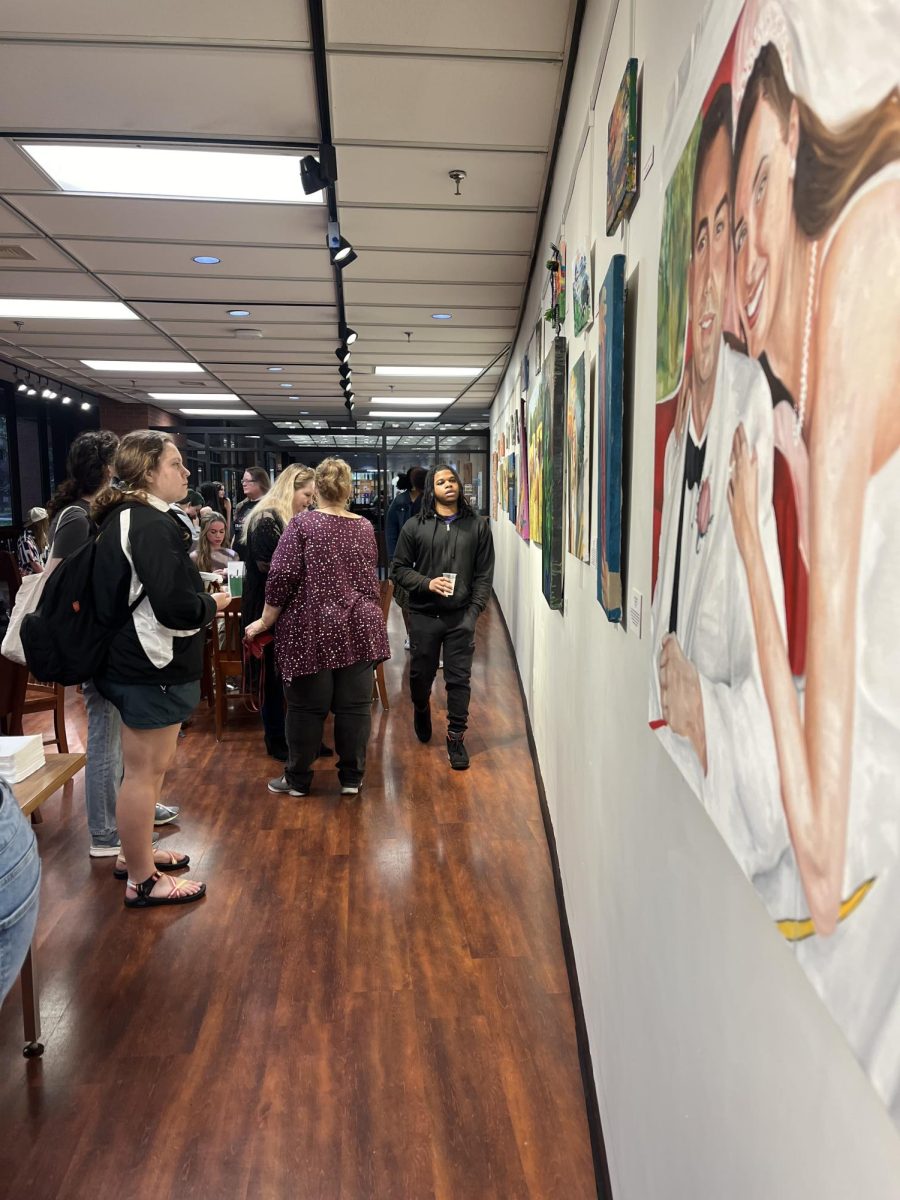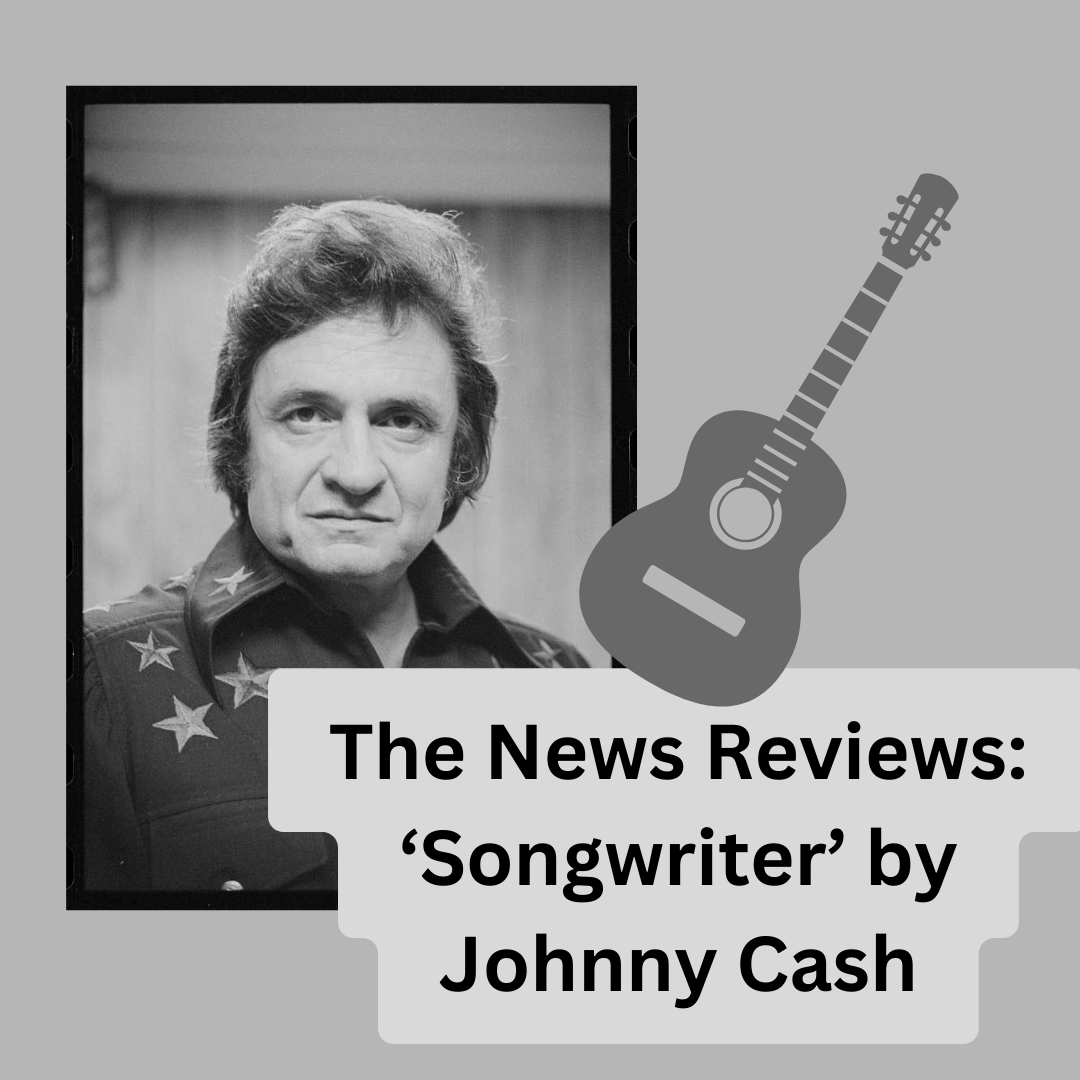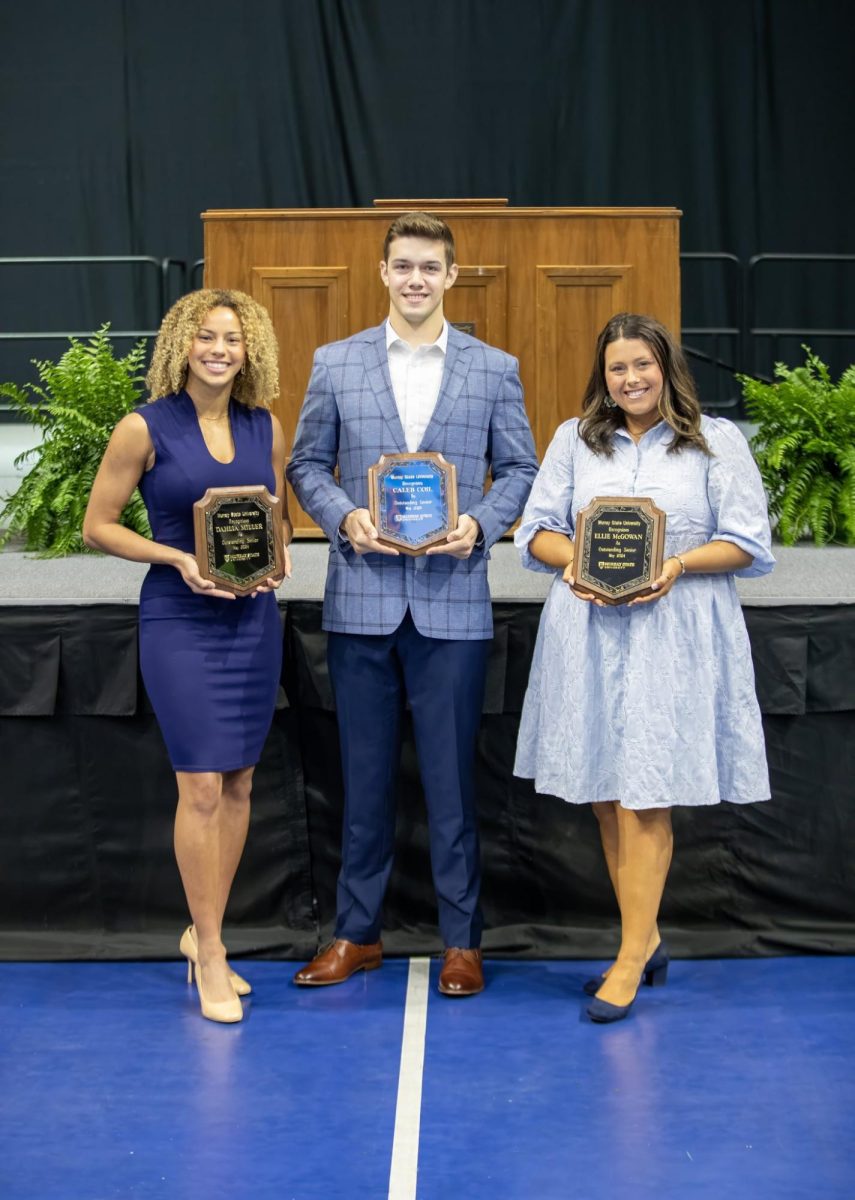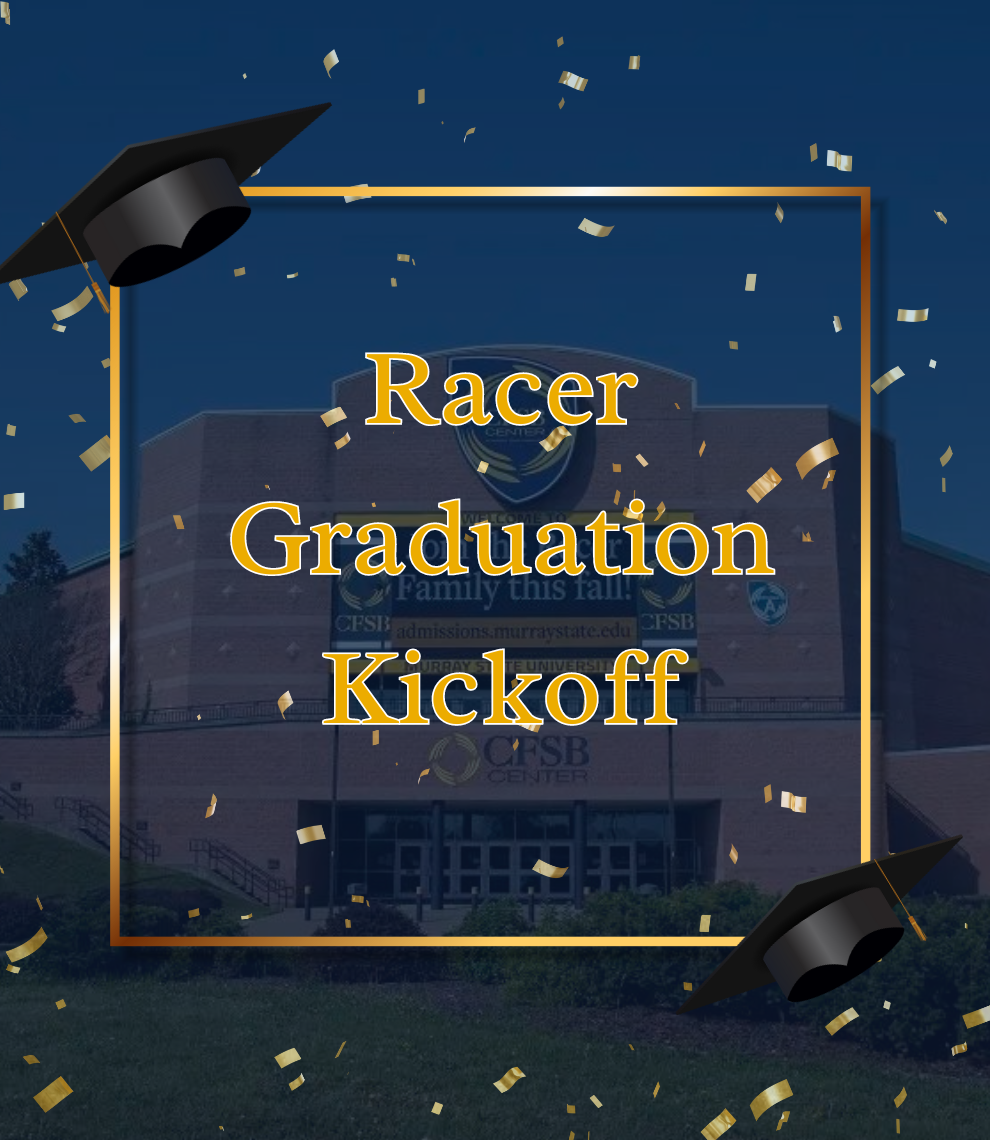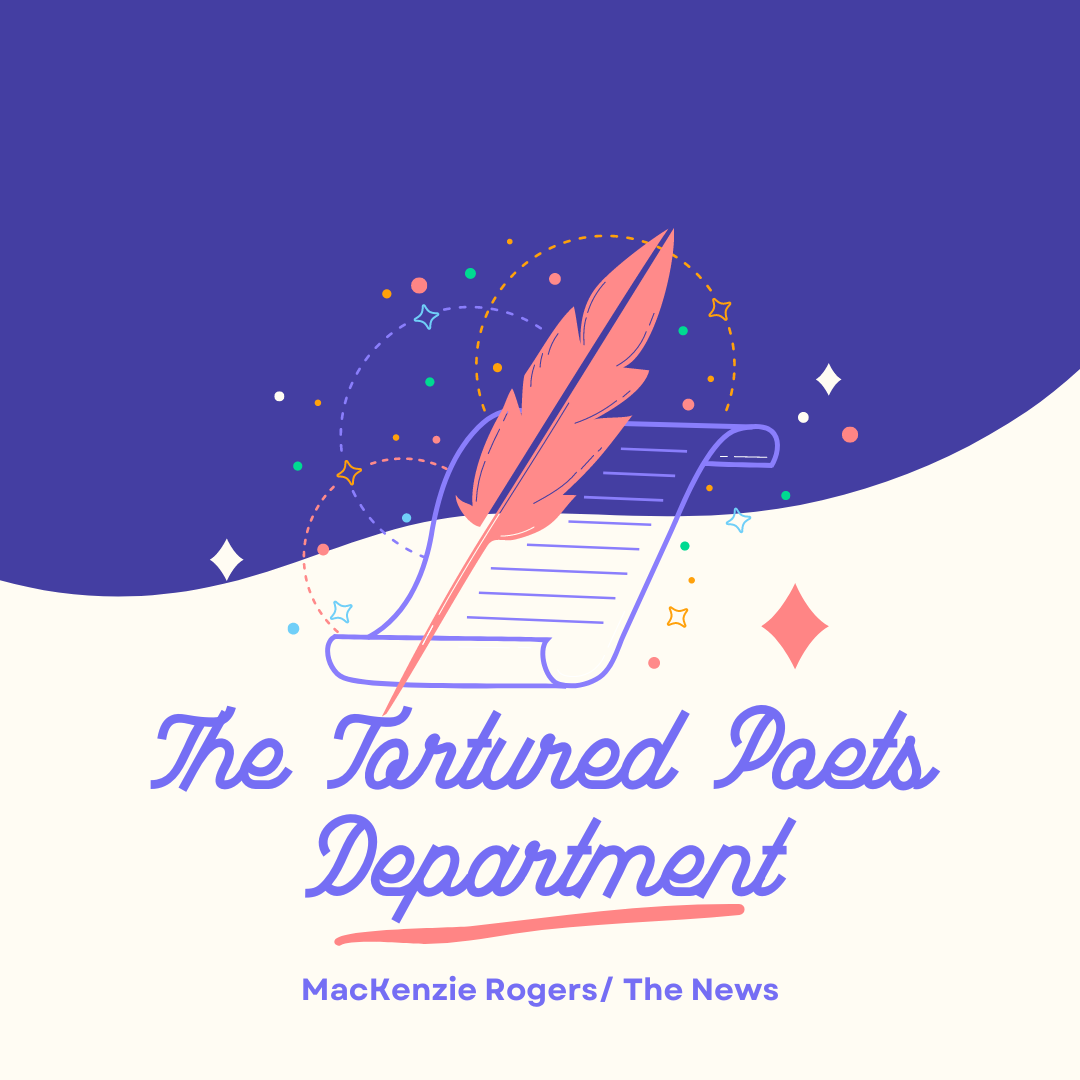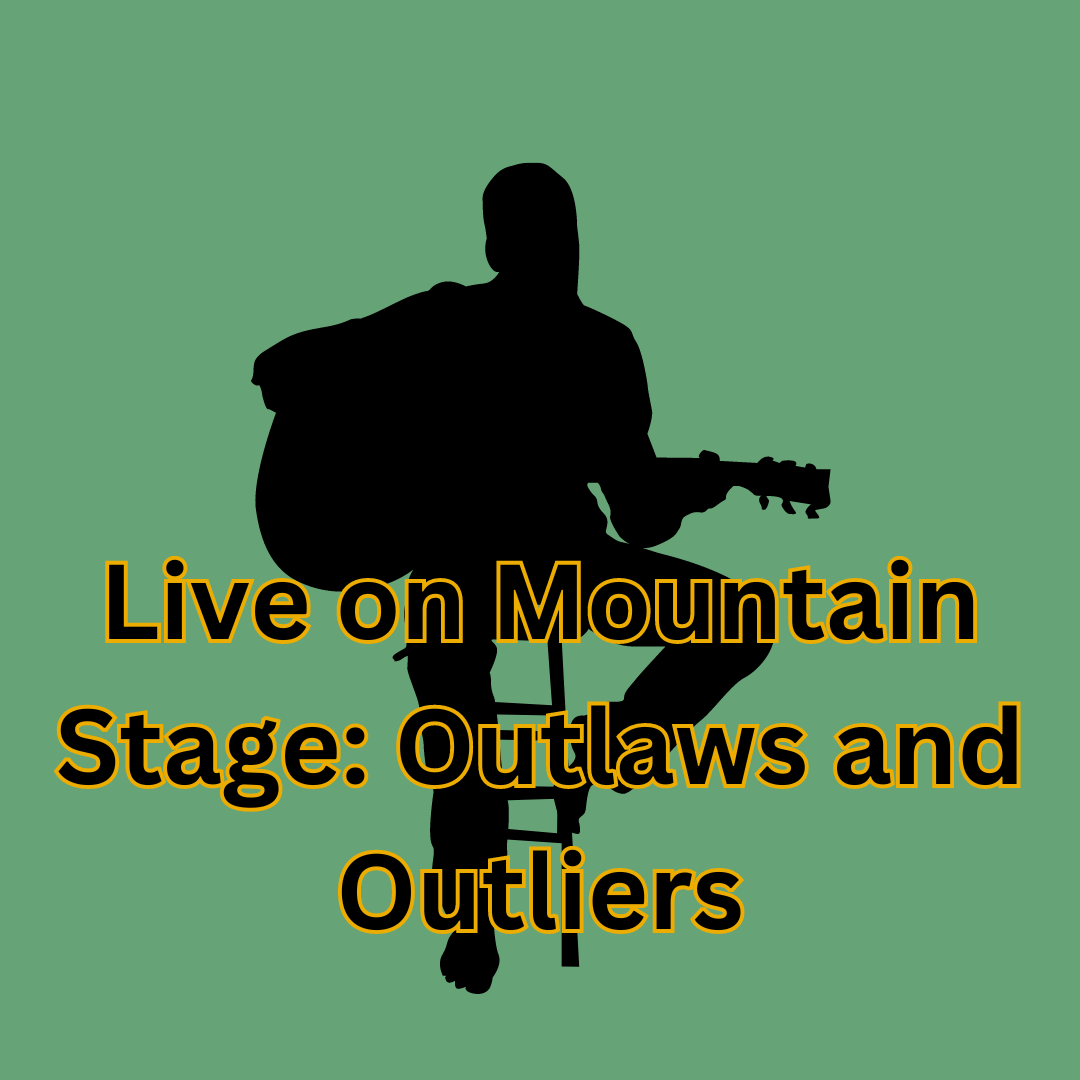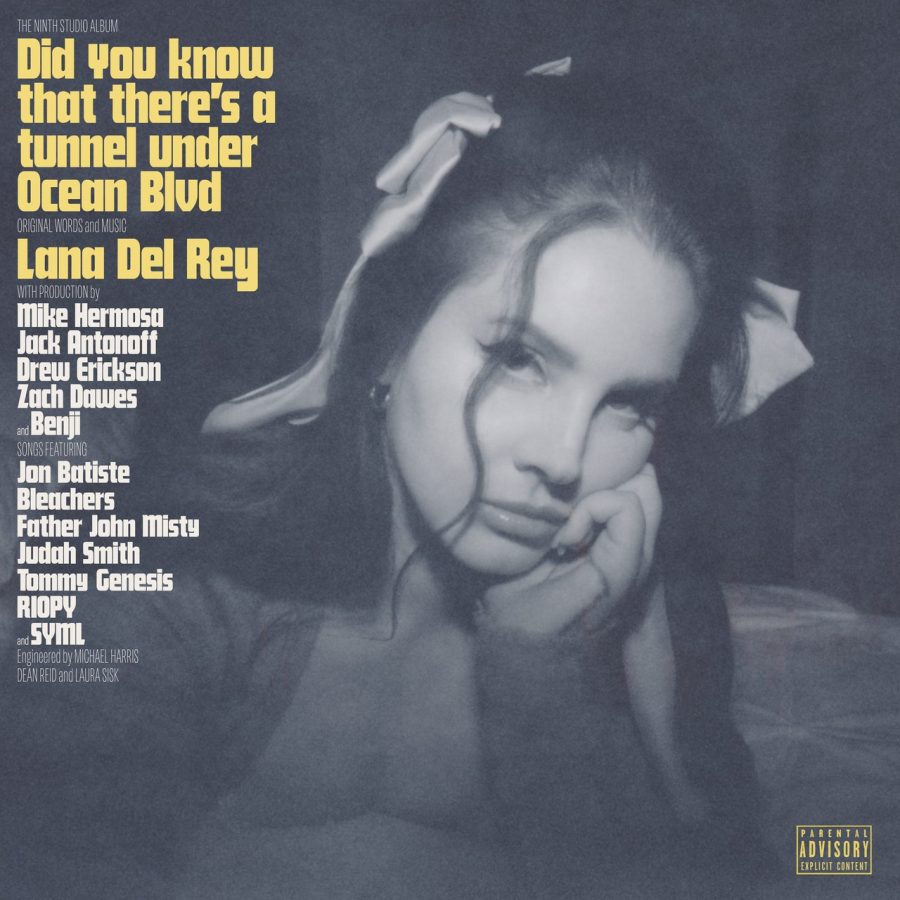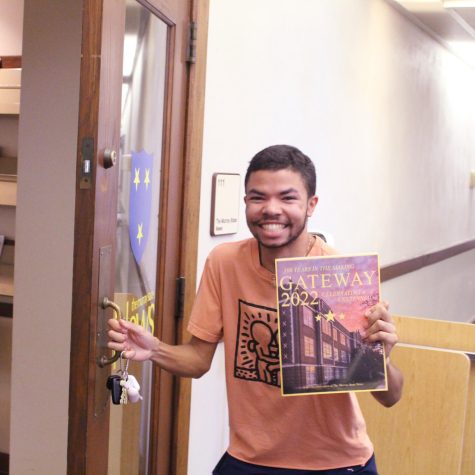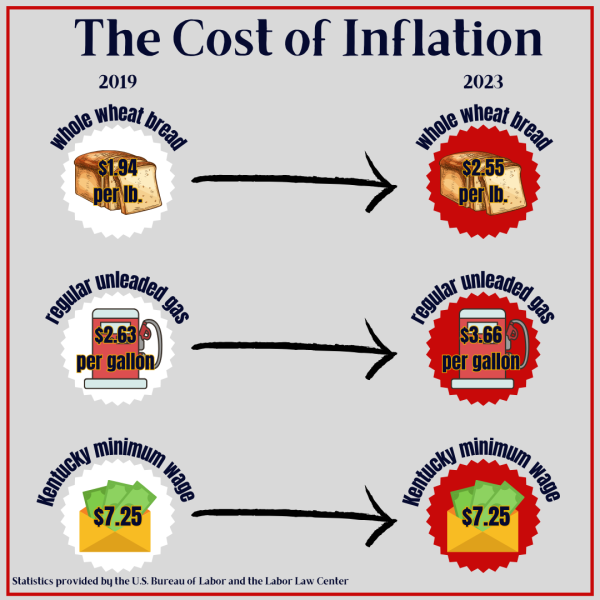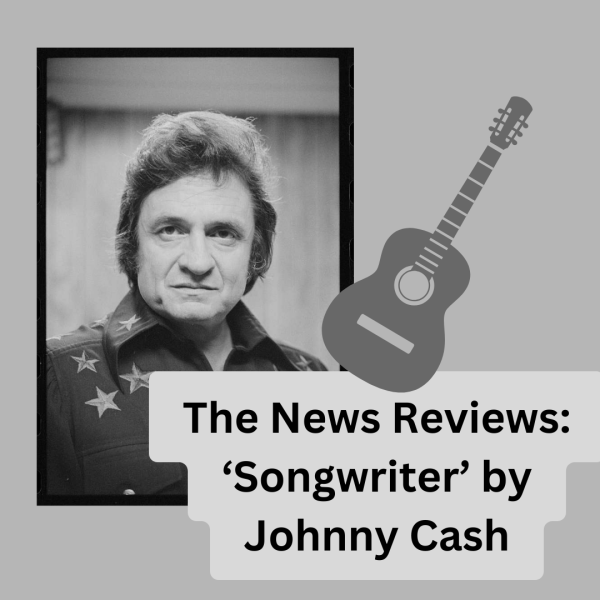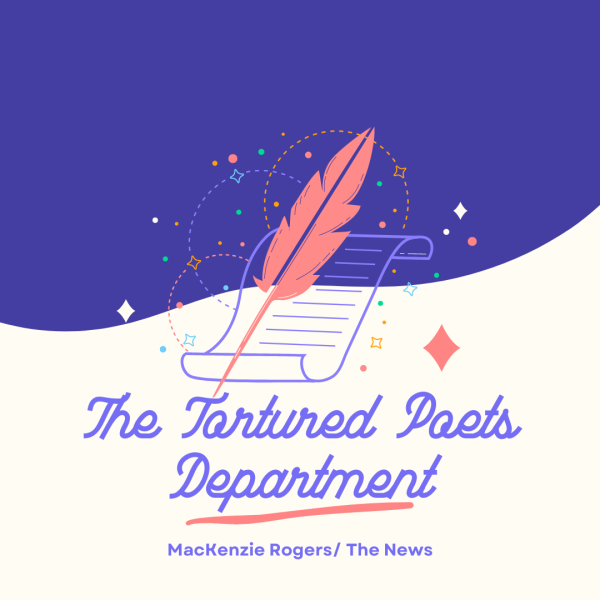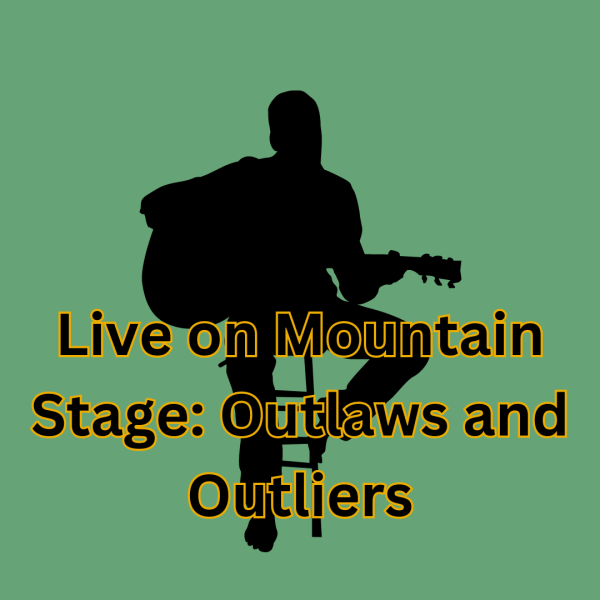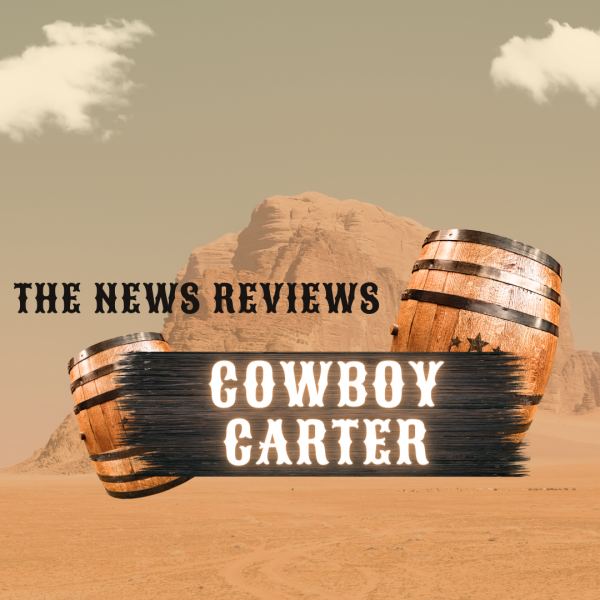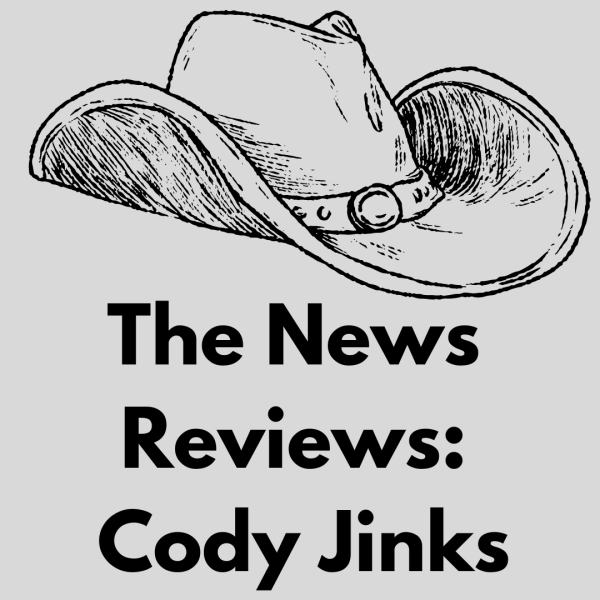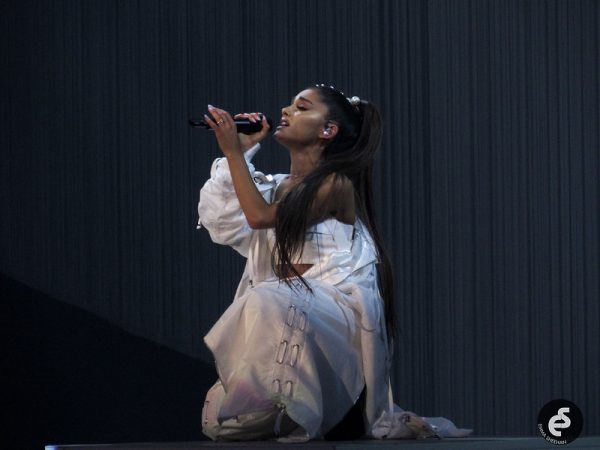Lana Del Rey bares her soul on vulnerable new album
‘Did you know that there’s a tunnel under Ocean Blvd’ released on March 24 under Polydor Records. (Album cover courtesy of Spotify)
April 6, 2023
Rich and writhing with candid confessions, introspective exploration and a poetic voice like none other, Lana Del Rey lifts up the curtain of her persona and tosses perfection aside on her awaited ninth studio album, “Did you know that there’s a tunnel under Ocean Blvd.”
Elizabeth Grant has played a handful of music personas, from Sparkle Jump Rope Queen to May Jailer, and she officially debuted as Lizzy Grant in 2010 before settling on Lana Del Rey and releasing her second and widely acclaimed album “Born to Die” in 2012.
As Lana Del Rey, Grant made a name for herself as a romantic and melancholic voice reminiscent of old Americana. In “Did you know that there’s a tunnel under Ocean Blvd,” Grant’s songwriting tells a narrative, and through storytelling, she takes her listeners through internal monologues.
“Did you know that there’s a tunnel under Ocean Blvd” is Grant’s most robust and unfiltered project and her longest album. The production feels loose and unquestioned at points. Grant feels as if she is creating for her own sake, and I love it.
“The Grants” is the starting point of this project’s meandering 16-track journey. Beginning with the gospel harmonies of Pattie Howard, Melodye Perry and Shekinah Jones, Grant sings of the sentimentality she has for her family. In the chorus, she sings, “And I wanna take mine of you with me”for all of those in her life whom she loves, she has something to remember and cherish them by.
“The Grants” documents Grant as a creator taking on the weight of being a writer by experiencing these meaningful moments while also immortalizing them in songs and poems.
Grant ends the song on one of the most tender moments of the album, singing, “My sister’s first-born child / I’m gonna take that too with me / My grandmother’s last smile / I’m gonna take that too with me.” When love is sung about it’s often in a romantic sense, so I am happy Grant took a moment to sing about her family.
The title track and the lead single, “Did you know that there’s a tunnel under Ocean Blvd,” embraces raw emotion, whether it is flawed or not. Grant references Harry Nilsson’s 1974 song “Don’t Forget Me,” and she mentions the 2:05 point of the song where Nilsson’s voice cracks with emotion.
Grant’s reference sets the tone for the rest of the project by embracing the imperfections and rawness in emotional expression.
“A&W” was the second single to be released from the album, and it feels like an amalgamation of Grant’s journey as an artist. First, she dives into personal, peculiar poetry-like lyrics, singing, “I haven’t done a cartwheel since I was nine / I haven’t seen my mother in a long, long time.”
Grant sings from the perspective of the “other woman,” who is seen as alluring, unorthodox and independent; she is branded as a volatile lover and inevitable victim who belongs to everyone and no one.
But instead of longing, the chorus stings with a sense of venom as she sings, “This is the experience of being an American wh*re.”
What started as a piano and bass-driven ballad turns into a playful rap toward the middle of the song. I enjoy seeing a heavy poetic moment devolve into a jaunty finale.
“Judah Smith Interlude” and “Jon Batiste Interlude” add to the meandering mystery of the album by going on for far too long, but in all their length, their effect falls flat. The first is a sermon by American pastor Judah Smith with Grant giggling over parts of the sermon.
Grant could’ve taken a more creative approach to “Judah Smith Interlude.” I would have loved to see more of a song incorporated over the sermon along with the giggling.
“Jon Batiste Interlude” sounds like a behind-the-scenes moment between Grant and American singer Jon Batiste. I like how the audio feels distant and cloudy, but the vocal riffs and talking go on too long. I wish this interlude was incorporated into the backdrop of a song.
With a six-minute runtime, “Kintsugi” is pure poetry backed by piano and birds tweeting. Kintsugi is the Japanese art of recrafting broken pottery and fusing it back together with gold, which has become a symbol for embracing imperfections.
Grant started writing “Kintsugi” when her family visited her Great Uncle Dick at his hospice center before he died; fifty of her family members were in attendance.
Similar to “Kintsugi,” “Fingertips” meanders and is Grant at her wordiest. The song doesn’t have a constant rhythm or one solid story. Grant told Interview Magazine she was “almost nervous” to send the voice notes for the song to her producer.
Grant questions how long her family will be with her and whether she could be a mother. She goes on to rush listeners through nostalgic and traumatic stories that linger with the listener.. The singer talks about a family member’s suicide and when she was sexually assaulted as a teenager.
By far, “Fingertips” is one of Grant’s most vulnerable songs and feels as if it stands as a space for Grant to let her innermost thoughts be free.
Track 11, “Grandfather please stand on the shoulders of my father while he’s deep-sea fishing,” is a mouthful of a song title. On this song, Grant confronts the role her persona plays in her career, singing, “I know they think that it took somebody else / To make me beautiful, beautiful.”
By this, Grant means that it didn’t take Lana Del Rey to make her beautiful or make her an artist—she wasn’t a curation launched by a label.
“Let The Light In” features American singer-songwriter Father John Misty and is a warm collaboration that makes for an upswing in an emotionally heavy front-loaded album. The guitar-led song is summery and romantic.
As a feature, Father John Misty remains in the background, and I wish he had his own verse or moment on the song. However, both of their voices pair beautifully together. I know I will be playing this with the windows down as the summer heat strikes. “Let The Light In” is easily a stand-out song. I could listen to a whole Grant and Father John Misty collaboration project.
In “Peppers,” Grant gives her loosest and most playful delivery alongside Canadian rapper Tommy Genesis. Although Tommy Genesis is a feature, the only element featured from her in the song is a sample of her 2015 song “Angelina,” which left me feeling disappointed.
The sample sounds good, but I wish this was more of a collaboration. Tommy Genesis could have definitely written a catchy hook that fit Grant’s vision. The collaboration is not a collaboration, but despite that, Grant delivers some fun lines, such as, “Take a minute to yourself, skinny-dip in my mind,” and “My boyfriend tested positive for COVID, it don’t matter / We’ve been kissing, so whatever he have, I have, I can’t cry.”
The album ends on a note that listeners have heard before, and that is “Taco Truck x VB.” The first part of the song is “Taco Truck,” which is another playful moment for Grant.
The song eventually grows into a winding bass beat that becomes “VB,” an interpolation of Grant’s song “Venice B****,” a song from her 2019 album “Norman F****** Rockwell.” I am happy to see “Venice B****” reimagined, but she shouldn’t have ended the album on a note her listeners have already heard in the past.
“VB” has more of a trap-like beat and a recurring ringing synth that feels disjointed from the rest of the song. I wish Grant stuck to more heavy sounds.
“Taco Truck x VB” is a fun song, but I wish Grant didn’t end on it since it is a sound listeners are already familiar with.
The songs run unforgivingly long, but Grant is telling her listeners a story that winds down dark and personal roads. With how deep the songs run, “Did you know that there’s a tunnel under Ocean Blvd” is Grant’s hardest album to digest, but I admire the risks she is taking.
Being so raw and unfiltered, “Did you know that there’s a tunnel under Ocean Blvd” feels like Grant’s magnum opus as a musician. I feel like this is Grant; it isn’t her producers, record label or a reflection of what her following wants. Although tighter production wouldn’t hurt this project, it would lose a special touch.
I do wish her album features did more than just exist as background vocals. Batiste and Father John Misty deserved to have their own moments. Grant was able to give album producer Jack Antonoff his own moment on “Margaret,” a song dedicated to his fiancee Margaret Qualley.
I enjoy the song, but it does not belong on the project—or should at least be retitled—because “Did you know that there’s a tunnel under Ocean Blvd” is meant to be a personal album, and “Margaret” takes the listener out of the closeness of the album.
Overall, Grant focuses on straying away from flawlessness with voice and production that rings with authenticity and a close personal touch.
“Did you know that there’s a tunnel under Ocean Blvd” deserves an eight out of 10. I admire the risks Grant took on this project and look forward to whatever career steps she takes next.


